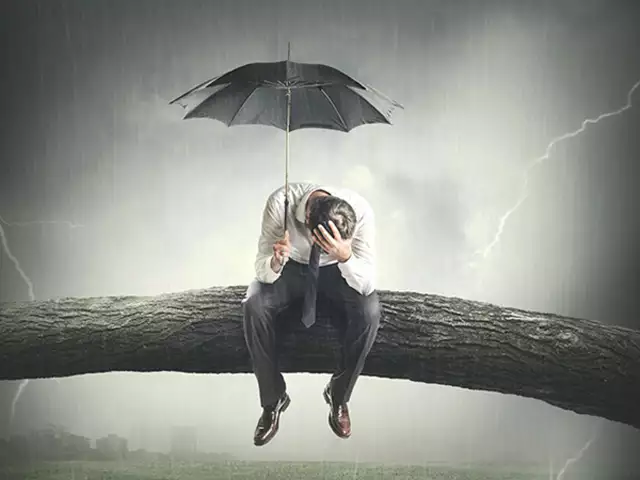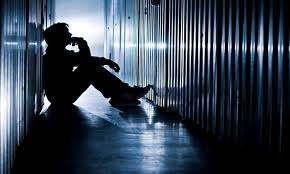DEPRESSION
A mental health disorder characterised by persistently depressed mood or loss of interest in activities, causing significant impairment in daily life.
Possible causes include a combination of biological, psychological and social sources of distress. Increasingly, research suggests that these factors may cause changes in brain function, including altered activity of certain neural circuits in the brain.




